
Hashem’s Messengers
The ideology of “rugged individualism” of our birth culture is ingrained deep within our thinking, so deep in fact, that it takes years of hard work to bypass…

Cancer killed my husband. He was young, only 45, and left behind a widow and 4 young children. His death drew overflowing crowds to our home during Shiva (the week-long mourning period). It was a difficult time emotionally, physically and spiritually, too. My Beit Knesset committee arranged meals for my children and me. People brought drinks and snacks for attendees. One amazing visitor washed a sink-full of dishes!
“Overwhelmed” does not begin to describe how I felt. I am the kind of person who says “thank you” for kindnesses given, but during Shiva week, you are not supposed to thank people for coming. The love and kindness shown by my fellow Jews made me cry, yet they sent my yetzer hara (evil inclination) into overdrive. My evil inclination convinced me to ignore the rule not to say “thank you”. It nudged me to fret about the lack of opportunity to pay people back. My Western-bred sensibilities made me feel uncomfortable about being a bother to so many people.
Resistance held a powerful hold over me during that period. After the Shiva, I began seeing similar cases of inner resistance in other facets of my life. It was in the “no, thanks” I said when caring neighbors asked if they could help me lug groceries from my car to my apartment. It was in my desire to avoid approaching a sidewalk when doing so would mean a driver would have to brake for me before  continuing. It was in my feelings of frustration and dismay for not being in a position to refuse when loved ones living abroad sent financial aid.
continuing. It was in my feelings of frustration and dismay for not being in a position to refuse when loved ones living abroad sent financial aid.
For years, I lived with these ambivalent feelings. Then I read Rabbi Shalom Arush’s book The Garden of Emuna and my heart was comforted. Rabbi Arush makes the following profound statement: “Emuna means that we accept everything that happens to us as Hashem’s will.” I wanted to call a time-out. Wait, I imagined myself saying to the Rabbi. Are you saying that Hashem willed my neighbors to show up in the parking lot at the very moment when I needed help? And that Hashem placed me at the entrance to the crosswalk in order for the driver to attain the mitzvah of allowing me to cross in front of him? “Yes, and yes!”
I realized that I was a shaliach (messenger) of Hashem! Sol Steinmetz in the Dictionary of Jewish Usage defines a shaliach as an “emissary, agent, or representative charged with a mission.” If this is true, then what, I wondered, was my mission in those above three examples?
After deep thought, I realized my mission was to do the will of Hashem. In the parking lot, this meant bucking my stubbornness in order to accept graciously my neighbor’s offer of help to carry my shopping bags. In the second example, it meant rejecting my resistance by standing tall at the entrance to the crosswalk, knowing that Hashem put me there to encourage drivers to stop. Regarding the receipt of financial aid from abroad, it meant giving my family in the States an address for their contributions to supporting Jewish families building Jewish homes in Israel.
I want to delve a bit deeper into this third example: We “Anglo” immigrants in Israel have a difficult time accepting the economic position in which Hashem has put us. On the one hand, we are deeply grateful for the financial aid given us by our families abroad. On the other hand, we feel a strange anger and no small amount of distress if we are unable to make ends meet without it. The ideology of “rugged individualism” of our birth culture is ingrained deep within our thinking, so deep in fact, that it takes years of hard work to bypass.
The way to overcome it, according to Rabbi Arush, is for emuna to precede ideology. In other words, the emphasis is on Hashem’s will, not one’s own. Rabbi Arush explains it thusly:
King David teaches us to seek Hashem’s guidance, when he pleads (Psalm 25:5), “Lead me in Your truth.” Your truth, and not mine, for only You, Hashem, know what’s best for me. He also prays (ibid. 73:24), “May You guide me in Your counsel.” Your counsel, Hashem, and not the counsel of my limited human brain. Garden of Emuna, page 29
Every day and in matters large and small, all of us are messengers of Hashem. May Hashem grant us the knowledge, discernment, and wisdom to fulfill our missions with requisite humility and responsibility.



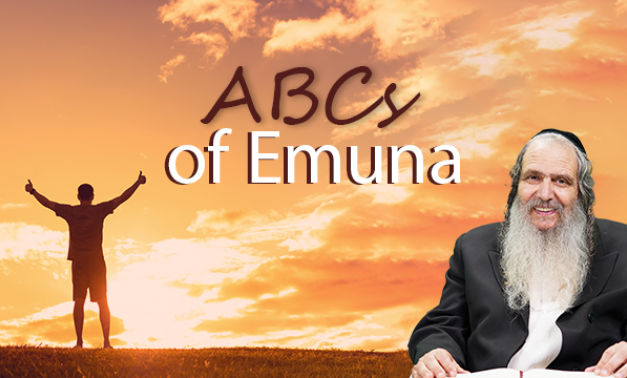


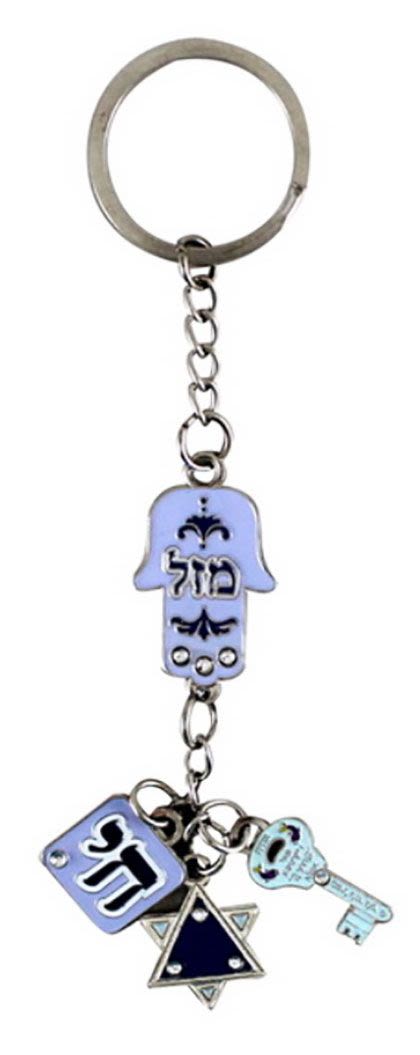


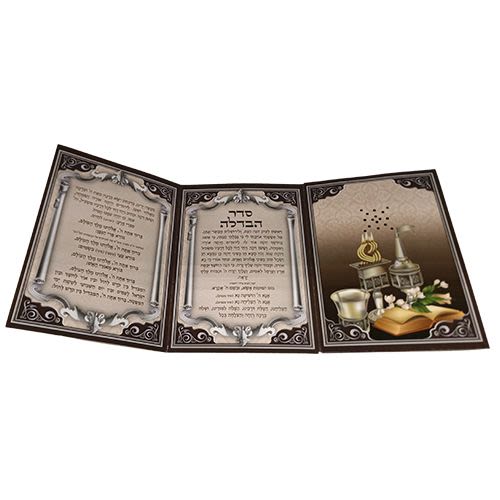
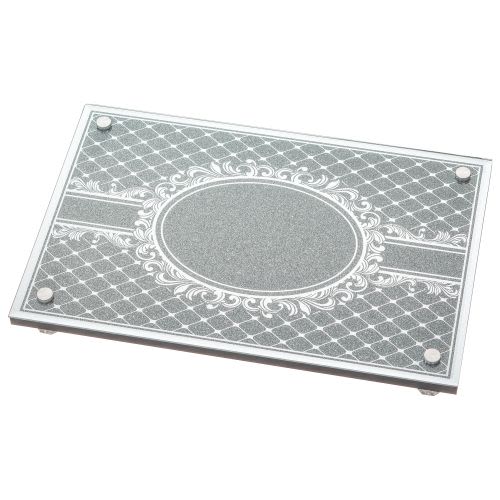
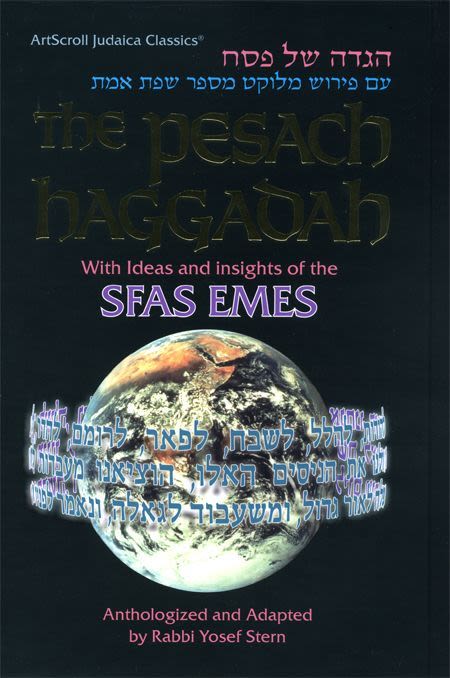
Tell us what you think!
Thank you for your comment!
It will be published after approval by the Editor.